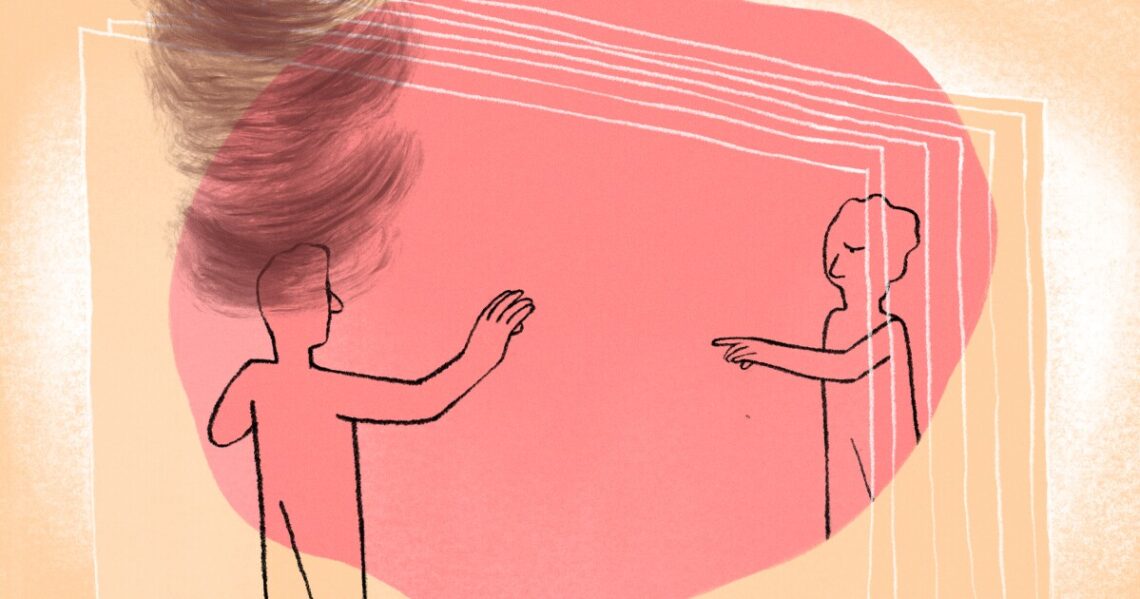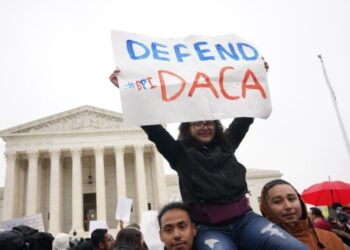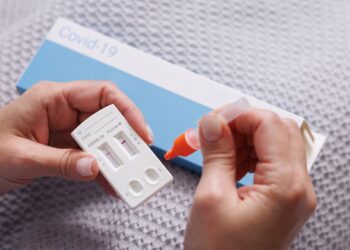For several years, Los Angeles County has provided teams of clinicians who can be called to incidents involving a person experiencing a mental health crisis — without the need for a law enforcement response.
But what happens after that initial contact? What happens when the crisis has passed?
The county Board of Supervisors approved a motion recently to hire eight teams of two mental health workers whose job would be to follow up with people in the days and weeks after a mental health crisis.
“So that they can hopefully avoid a future mental health crisis, get them into the care that they need. And we can hopefully avoid future interactions with the justice system and maybe even homelessness,” said Kyla Coates, justice and mental health deputy for county Supervisor Janice Hahn.
Hahn made the motion at last week’s board meeting.
The county will accept $2.2 million in one-time Crisis Care Mobile Units grants from the state to fund the follow-up teams.
‘Validating concerns’
Mental health advocate Diane Rabinowitz, whose son was diagnosed with paranoid schizophrenia and spent years cycling in and out of L.A. County jail, said that in the early stages of her son’s illness, the county’s mobile crisis teams often arrived too late to observe an active crisis.
“To have a follow up? That’s like a dream,” Rabinowitz said. “Because it validates the family’s concern and that’s what has been missing.”
Each follow-up team will have one medical case worker and one community health worker, according to the county. If a person is not reachable by phone, those teams will go out in person to the individual to try and connect them to…
Read the full article here







